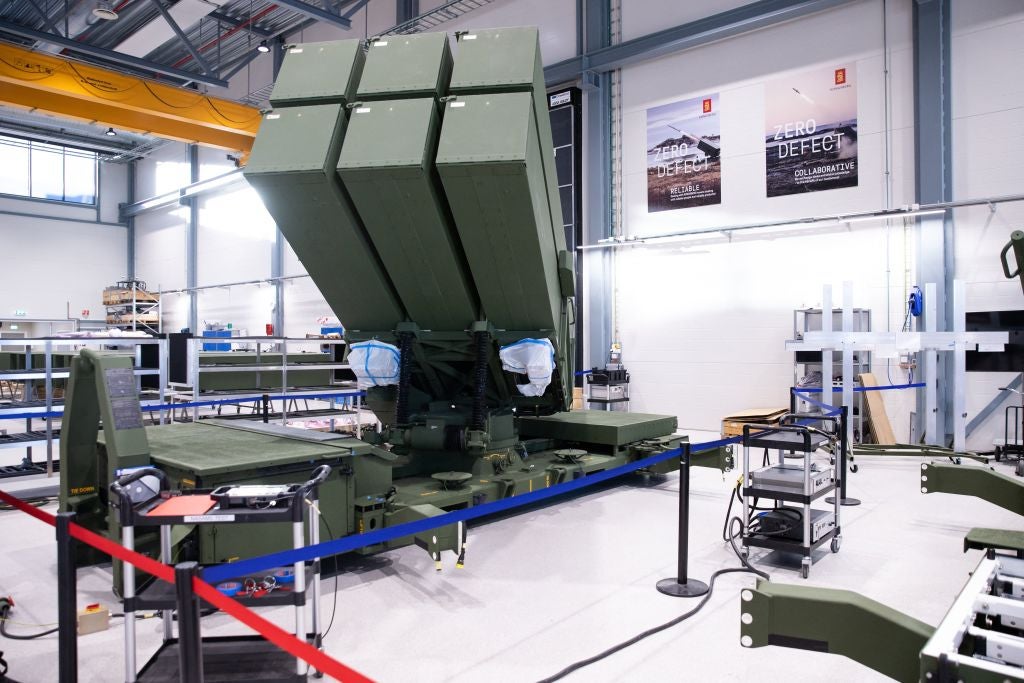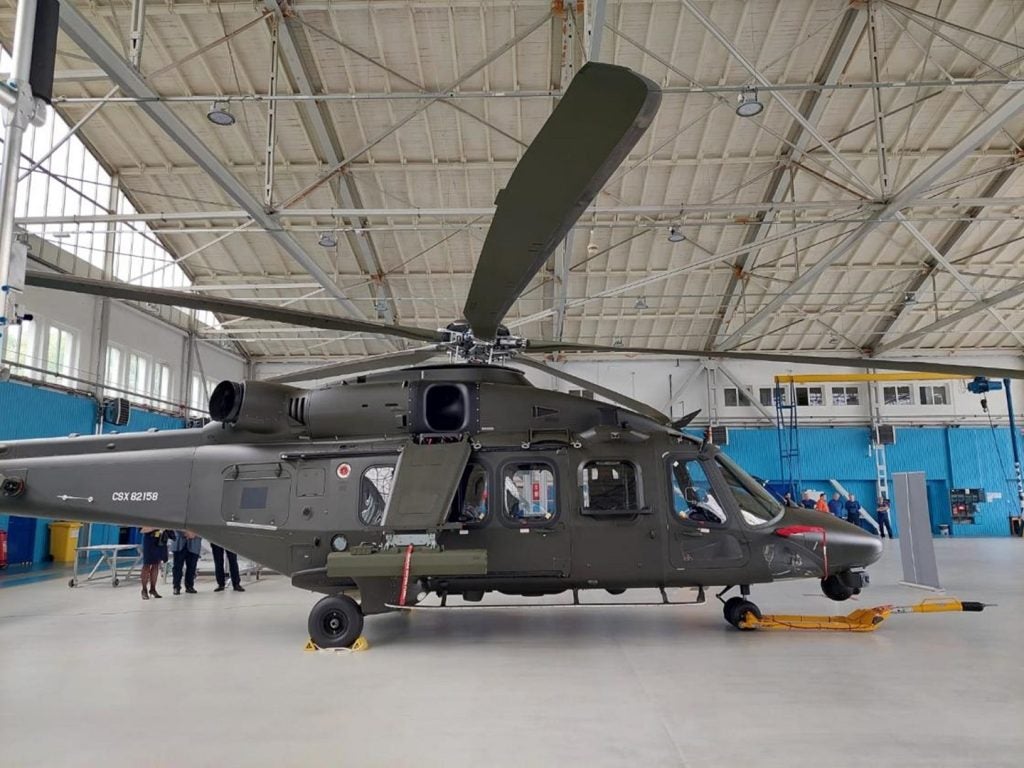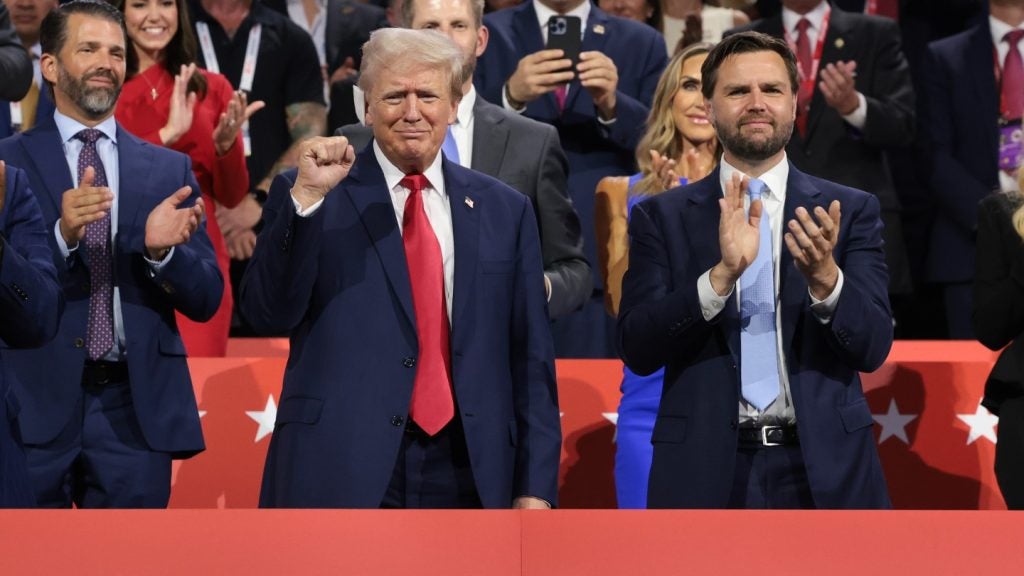
In a significant policy shift announced on 1 January 2024, Norway’s government has authorised the direct sale of weapons and defence-related products from Norwegian manufacturers to Ukraine’s defence authorities.
Effective of the date of the announcement, Norway – already part of the F-16 Coalition pushing for transference of the advanced fighter air platforms – will deepen the nation’s involvement in the defence of Ukraine against the full-scale Russian invasion of February 2022.
“We must plan for the possibility that the illegal war of aggression may be prolonged,” said Foreign Minister Espen Eide. Norway’s commitment to military support for Ukraine, totalling approximately Nkr11bn ($1.21bn) in 2023, will continue under this program.
Initially responding with donations of weapons and defence-related products, Norway’s government is now expanding its support through direct sales. Eide emphasised the importance of supporting Ukraine in the current security situation, which is closely tied to Norwegian and European security. This step, according to Eide, is a response to the potential prolongation of the conflict.
Defense Minister Bjørn Gram highlighted that this policy change aligns with Norway’s fundamental defence and security policy interests and the role of the defence industry in the current security policy context. “This change means that we are safeguarding fundamental defence and security policy interests for Norway together with our allies,” said Gram.
The process for direct sales involves Norwegian companies applying to the Ministry of Foreign Affairs for an export license. Criteria for assessment include sales exclusively to Ukrainian authorities, documentation regarding end-use and end-user, secure transportation routes, and compliance with Norwegian export control regulations and international law, including the UN Arms Trade Treaty.
The current decision to permit direct sales to Ukraine is specific to the unique security situation and does not indicate a broader shift in Norway’s stance on arms sales to countries in conflict, and as such, Norway’s arms export policy remains largely unchanged.








